
Av Studio.se
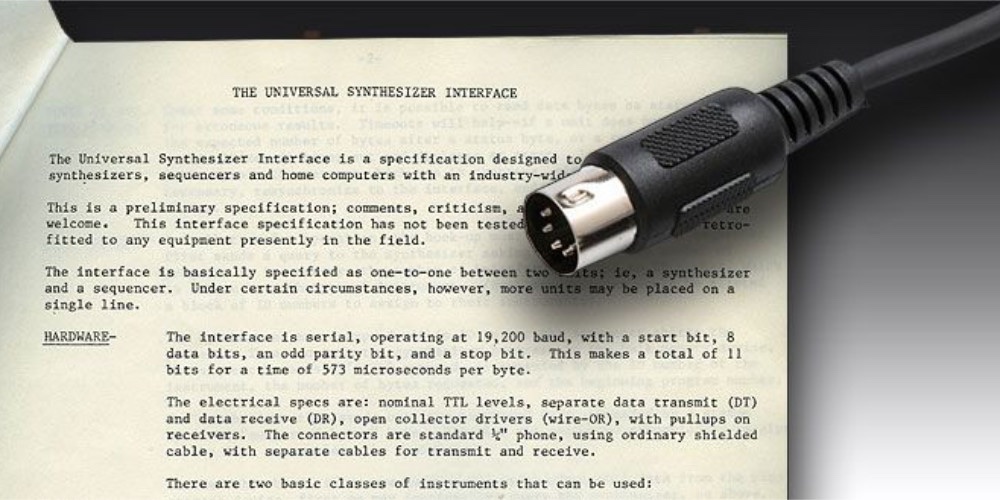
The organisation Association of Musical Electronics Industries (AMEI) is underwriting the cost and has engaged AmeNote Inc. to develop the driver because of AmeNote’s extensive experience in MIDI 2.0 and USB development. In addition, concurrent to this, Microsoft has also agreed to start development of a Windows standard open-source MIDI 2.0 API. The driver and API will be developed in accordance with Microsoft's quality control standards, and will be managed as a permissively licensed (MIT license) Microsoft open-source project. As a result, anyone can participate in the development as an open-source contributor in the future, or use the code in their own devices or operating systems. Because of this open source arrangement, continuous and timely improvements and enhancements to the USB MIDI 2.0 Host driver and MIDI 2.0 API are expected. Development is currently underway with the goal of completing the development in 2023.
MIDI 2.0 is a global industry-wide effort. The MIDI Association (TMA), is the organization that oversees the MIDI specification in all other areas of the world besides Japan. TMA recently funded AmeNote’s development of the ProtoZOA, a USB MIDI 2.0 prototyping board that software developers can use to test with their MIDI 2.0 applications.
AmeNote’s plans to release large parts of the ProtoZOA firmware as open-source code. So, all hardware developers can utilize that code and incorporate it in their own MIDI 2.0 devices.
TMA members Apple and Google have already announced and released their support for MIDI 2.0. A number of AMEI members and TMA members have developed MIDI 2.0 compliance and testing tools that they plan to release for free public download on GitHub.
AMEI and TMA have also recently engaged with members of the ALSA community about the development of open-source drivers and APIs for the Linux platform. These new developments regarding Microsoft and Linux signal a further step in the development of the MIDI 2.0 ecosystem. They also highlight the continuing cooperative efforts of AMEI and TMA to work together to provide free MIDI 2.0 resources(tools/applications) and open source code to make the development of MIDI 2.0 products easier for companies of all sizes.
About MIDI 2.0:
AMEI and TMA released the MIDI 2.0 Core Standards on February 25, 2020. Subsequently, in June 2020, the USB-IF, a management organization for USB technology, released the USB MIDI 2.0 standard, a communication standard for connecting MIDI 2.0 devices. Currently, AMEI and TMA are working together on joint prototyping and some major updates to the core MIDI specifications in order to bring MIDI 2.0 devices to market as soon as possible.
A set of major MIDI 2.0 standards can be downloaded from the following website of the Association of Musical Electronics Industry (AMEI). https://midi.org/specifications/midi-2-0-specifications


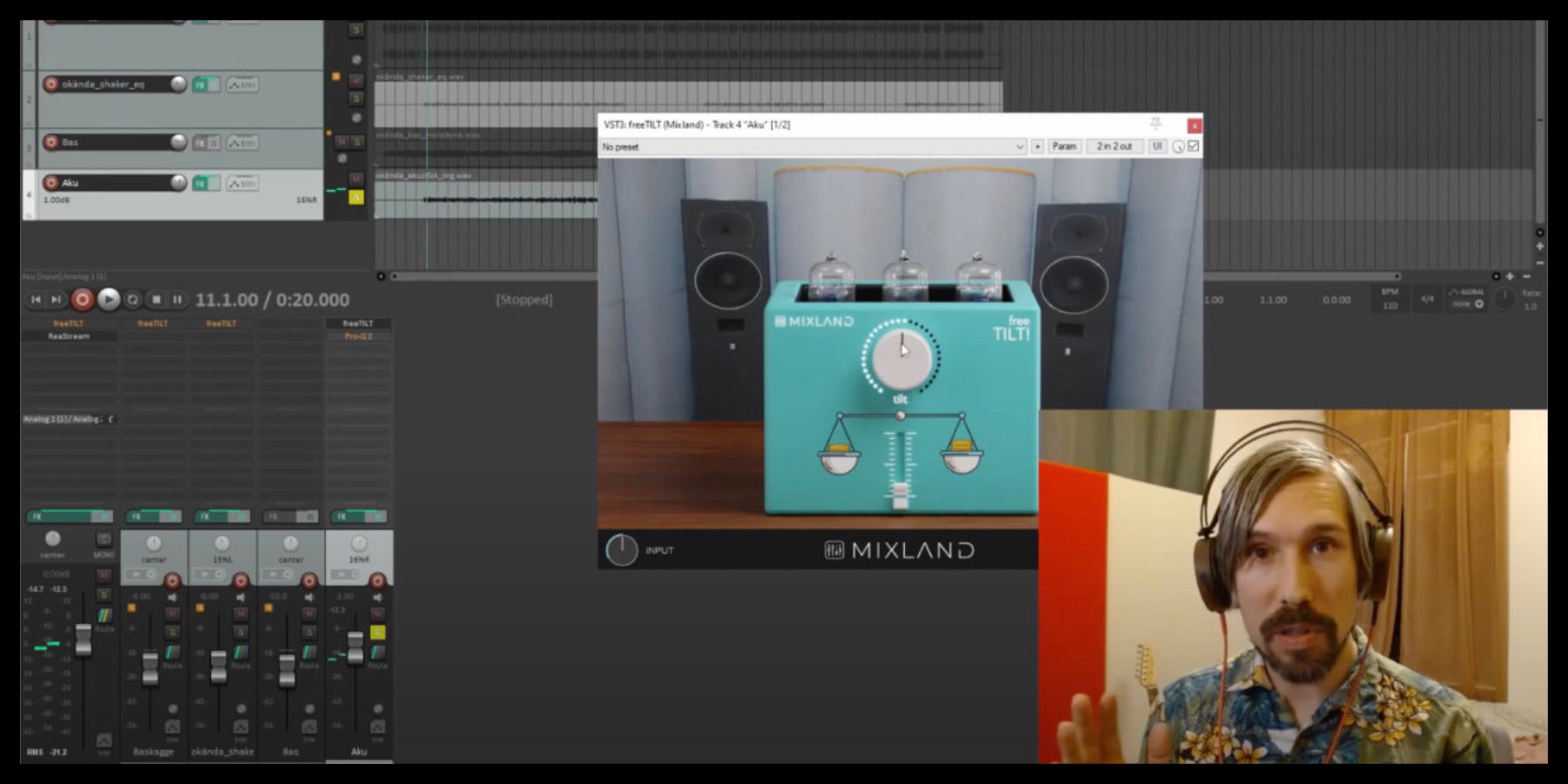









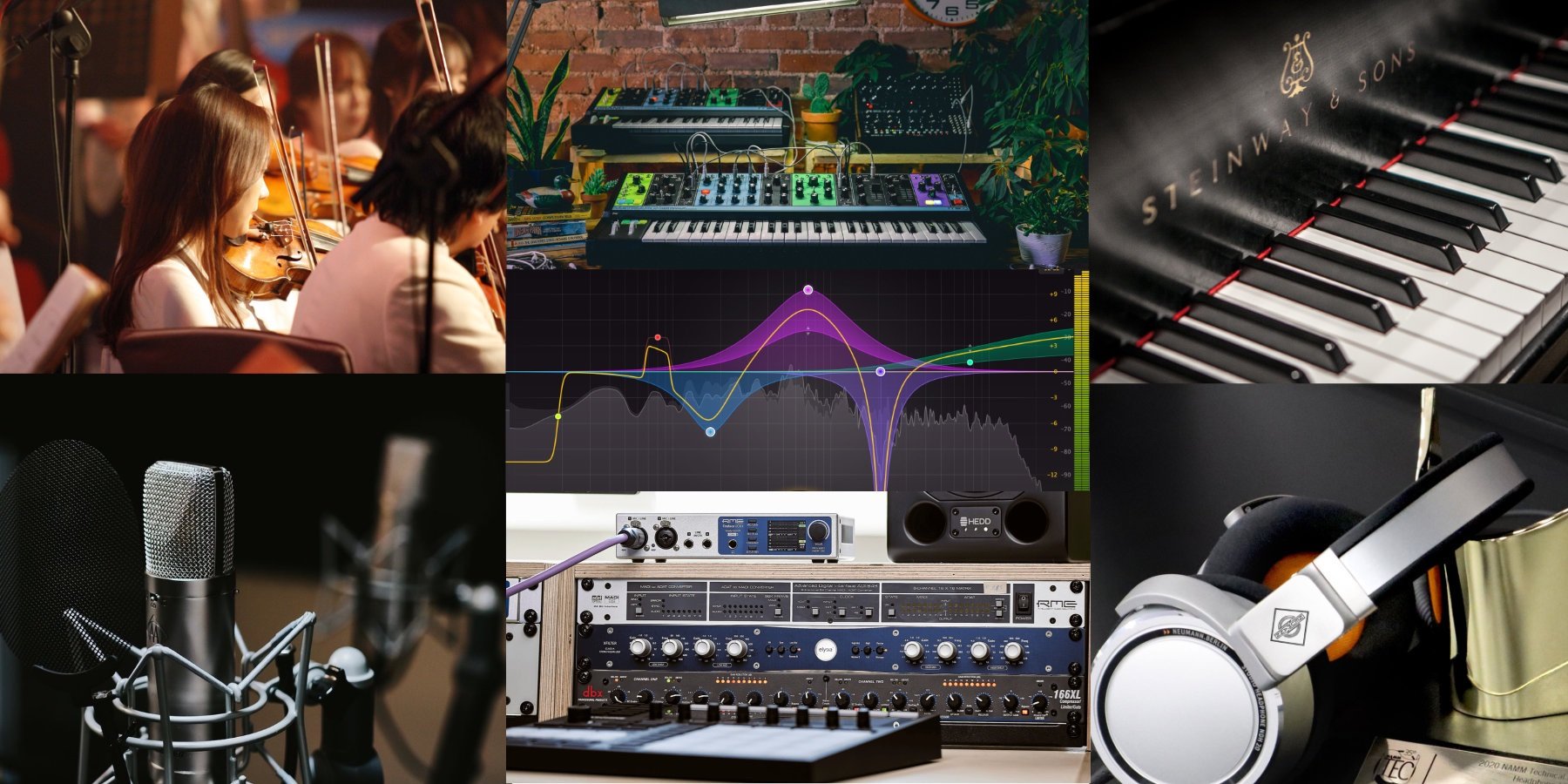
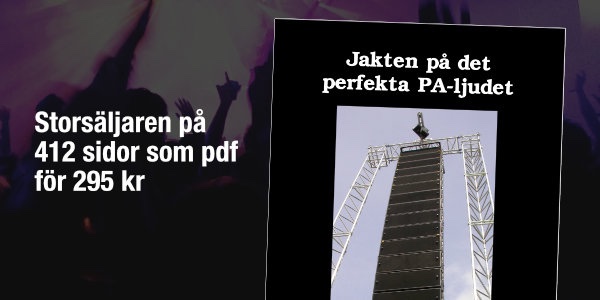
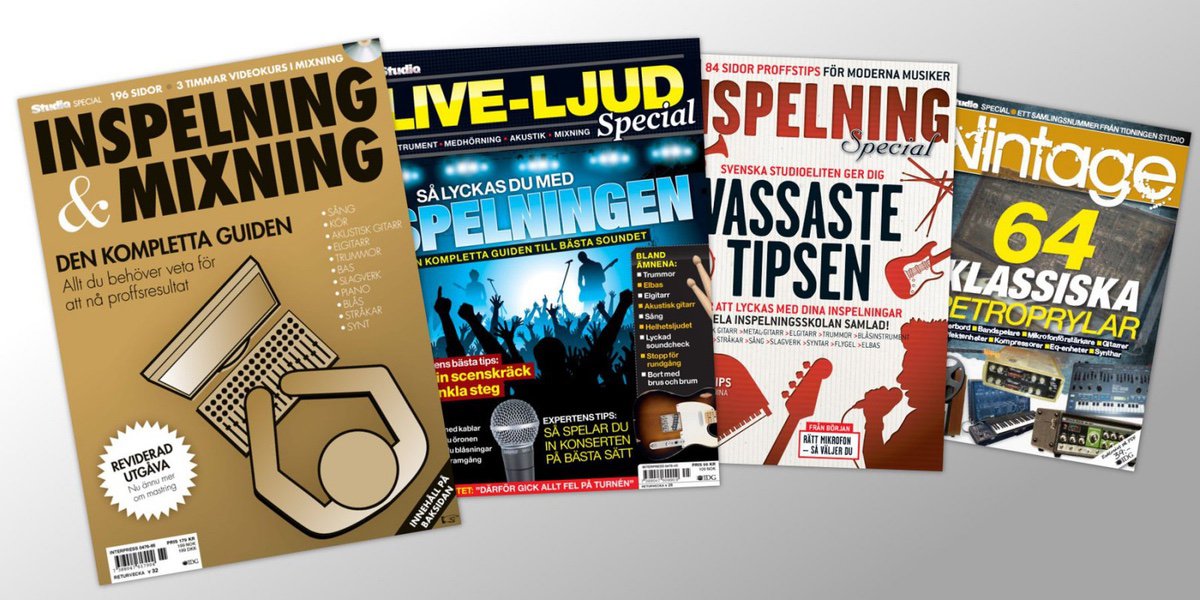
Recommended Comments
Det finns inga kommentarer att visa
Bli medlem (kostnadsfritt) eller logga in för att kommentera
Du behöver vara medlem för att delta i communityn
Bli medlem (kostnadsfritt)
Bli medlem kostnadsfritt i vår community genom att registrera dig. Det är enkelt och kostar inget!
Bli medlem nu (kostnadsfritt)Logga in
Har du redan en inloggning?
Logga in nuLogga in här.